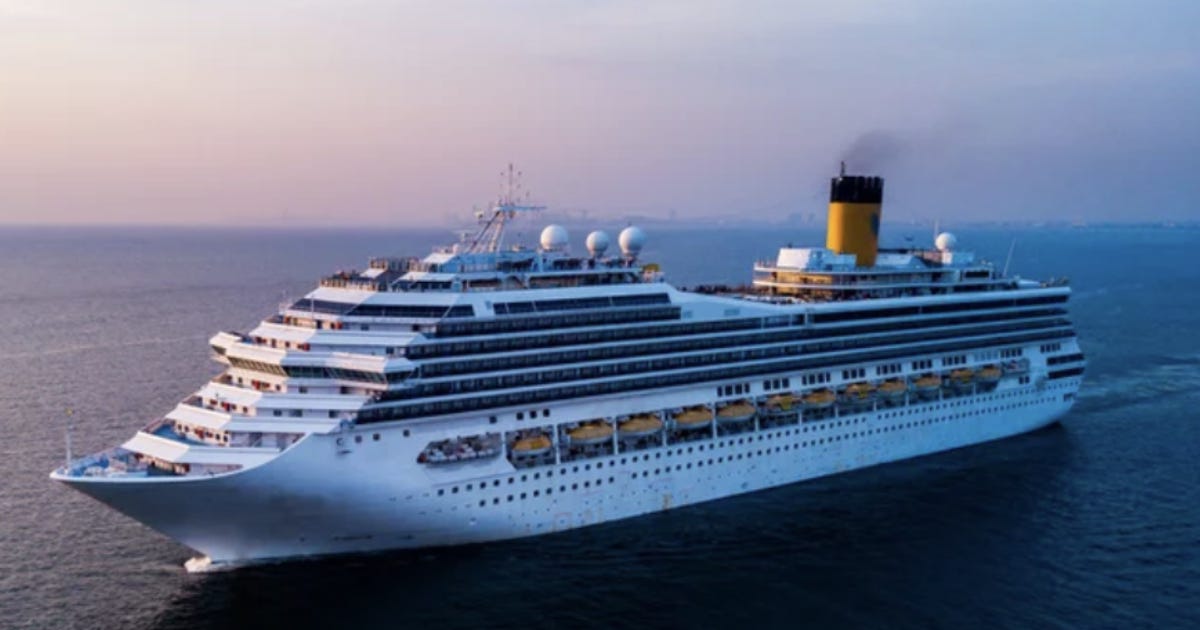COP30: UN climate conference delegates stay on diesel-guzzling hotel boats
Brazil is under fire as the host of COP30 for using three diesel-guzzling cruise ships to house climate conference attendees, sparking outrage over the summit’s real carbon footprint.
Brazil is under fire as the host of COP30 for using three diesel-guzzling cruise ships to house climate conference attendees, sparking outrage over the summit’s real carbon footprint.
In order to accommodate thousands of foreign delegations and politicians, the Brazilian government docked three gas-guzzling cruise ships at the docks of the host city, one reserved for President Lula, while the other two were reserved for commercial use.
According to a report by Brazilian media outlet Revista Oeste, Lula’s own vessel consumes approximately 135 litres of diesel fuel per hour.
The boats remain docked in Belém, where the summit is taking place and are being used as a floating hotel due to a shortage of upscale accommodations in the city.
The magazine reports that the cost of renting the boat is being covered by taxpayers under federal government expenses, though officials have not been transparent about the full cost.
The vessel features private suites, dining facilities and conference rooms for meetings during the international climate event.
The commercial ships; Costa Diadema and the MSC Seaview with total passenger capacities combining to over 10,000 people
The two commercial ships have received passengers since Wednesday, after arriving on last Tuesday, docking at the Port of Outeiro in the city of Belem.
One of the central themes of COP meetings is reducing fossil fuel emissions and global dependence on oil and gas.
The use of a diesel-powered floating hotels contrasts with the summit’s sustainability messaging and Brazil’s push to portray itself as a global leader in environmental stewardship.
Brazil has been under pressure to show progress on curbing deforestation and transitioning to cleaner energy. COP30, which officially opened on Monday, is being hosted in the Amazon region to highlight the rainforest’s role in global climate mitigation.
Despite efforts to present a green image, the Lula government has also faced scrutiny for infrastructure projects that led to the removal of real trees and the installation of artificial ones, costing Brazilian taxpayers nearly $5 million (CAD).




WEF, UN……Do as we say, Not as we do!!!! FU from Canada, Carnage does not speak for me!!
It should be renamed to HYP30..
HYP for the only word that actually is real and applies to this woke jokes.
HYPOCRITES